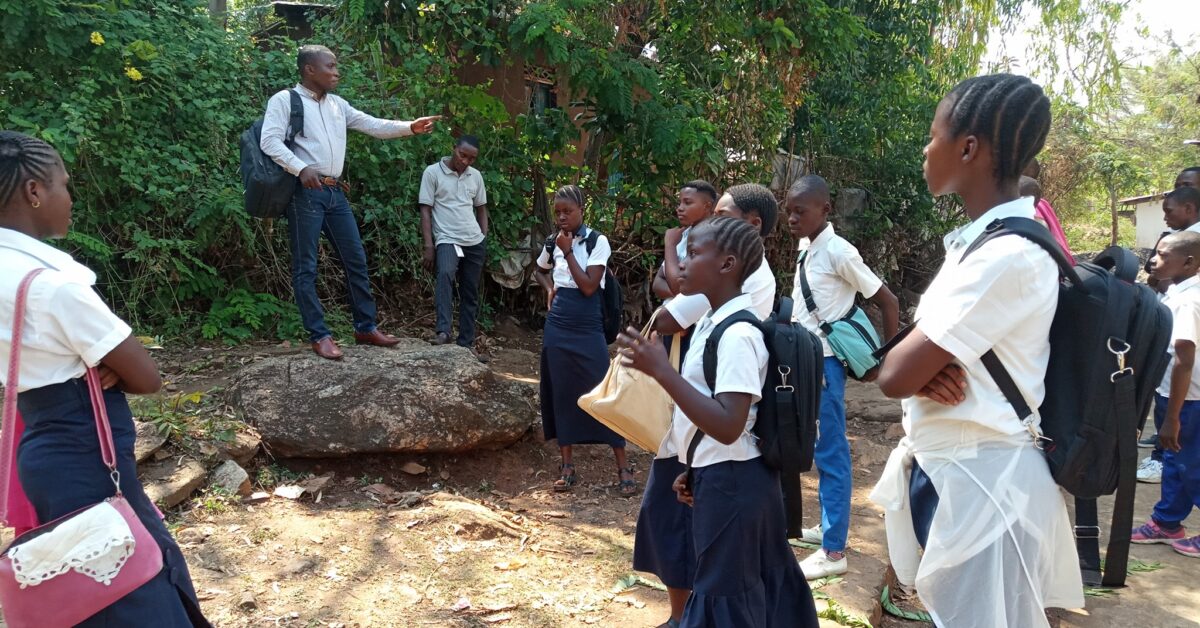Educating girls saves lives and builds stronger families, communities and economies
Since 2017, Centre de Recherche sur l’Anti-Corruption – through its NORAD-funded project “Students Acting for Honesty, Integrity and Equality” – spreads awareness and campaigns for the achievement of the education and gender equality goals set by the Sustainable Development Goals 4 (quality education) and 5 (achieve gender equality and empower all women and girls).
The aim of campaigns organised by the Centre de Recherche sur l’Anti-Corruption is to sensitise parents, decision-makers, opinion leaders and civil society to their effective and efficient commitment to get girls to schools, including those living with disabilities.
Highlights:
- Equal access to quality education is vital for the future of her country and the wider world. It is the key to sustainable development. However, achieving quality education remains a challenge.
- Around the world girls suffer from injustice, difficulty accessing school, violence on their way to and at school as well as child marriage and labour. Missing an education will mean that girls and women will remain underrepresented in our future leaders.
- Education allows a better life. It is indispensable for ending the generational cycles of poverty and disease and provides the means to achieve sustainable development.
- Quality education can enable girls and boys to have the knowledge and skills to behave responsibly and to play an active role in social, economic, and political decision-making.
- When an educated child goes from adolescence to adulthood, they have a better chance of growing into an adult who can and will give back to society.
- If more children receive a quality education, they are more likely to send their children to school and help to end the cycle of missing an education.
- Equal access to education and quality education for all can help address the deeply entrenched and often sexist inequalities in our societies.
- Education for all requires all children to go to school without discrimination. The government must give children the right to education and free primary education, as stipulated in the country’s constitution.
- It is also one of the regulatory provisions of the Convention on the Rights of the Child – the right to education.
- It is an inalienable right, it is an inescapable right, it is a sacred right that must not be mortgaged, it is a fundamental right that opens the doors of life to human beings.
- It is a right that is more than a right. It is a right that must be respected.
